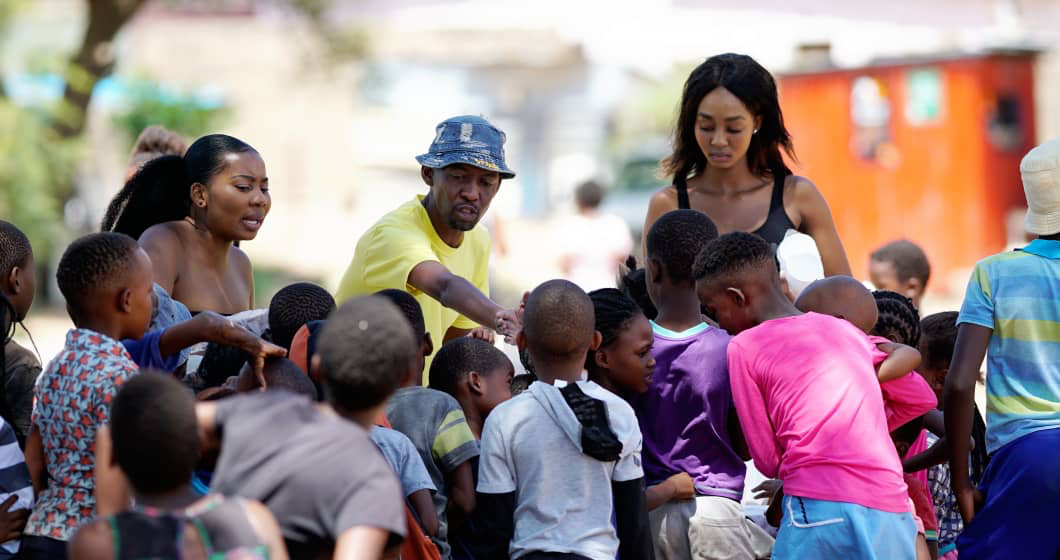Imagine living in an affluent neighbourhood your entire life, totally oblivious of life on the other side. But thanks to a reality show on NOW TV, suburbanites get to experience it in “I Survived the Ghetto”
GOSEGO MOTSUMI
The perception that has come to define the shanty township of Old Naledi for most outsiders is that it is a high-risk fleapit of petty and serious crime. But the township’s stories and lifestyle challenge this image in the latest reality show dubbed “I Survived the Ghetto” that flights on NOW TV every Thursday at 18:30 pm.
“This reality show is tailor-made to give three participants who never had a taste of ghetto life an opportunity to experience it,” says the proprietor of Lingano Media, Mandla Mogomotsi, in an interview.
Being the oldest township that until recently was the southern limits of Botswana’s capital city, Gaborone, the producers decided to use Old Naledi to change people’s perception of this densely populated neighbourhood in the first episode of the reality show. Mogomotsi grew up in this township that he describes as a beehive of talent because it has many stories to tell.
He points out that residents of the township still uphold basic principles of neighbourly love and raising children as a community. “I like to refer to the place as a living soul because everyone can survive in Old Naledi,” he says. “When I realized that people are afraid of the place, I went and got three people who have never experienced the township life, and that was the concept of our reality show.”
Two young women in their 20s accompanied by a young male were recruited for the experience and challenges were thrown at them. The original concept was to get them to live in the township for a month but financial constraints compelled the producer to settle for a few days. Lingano Media shot 13 episodes from mid-November 2019 and ended the production on 15 December 2019. This first season gives viewers an opportunity to see Old Naledi through the participant’s experience, the township’s humble beginnings and history, and how the residents live.
“The people in Old Naledi have nothing but they are the happiest people, yet depression is real here,” Mogomotsi explains. “The participants had the opportunity to learn from these people. The first lesson was for them to manage a tight budget as they were given P1500 to rent a house and buy necessities. It was a struggle at first but they eventually got the hang of it because they had more than their neighbours.”
The funds were pocket money for nail treatment for one contestant in her real world. They soon adopted the Kasi lifestyle, buying combo food packs, fetching water, cooking outside and sharing a small space. The participants came out with changed perceptions and had an opportunity to donate to a young mother who was their neighbour before they left.
“People love the show because it gives them an opportunity to see authentic Kasi stories as people in Old Naledi live their reality,” says Mogomotsi. “This is where you get to see the saying, ‘Motho ke motho ka batho ba bangwe’ or ‘No man is an island’ at play.”
The production company is in the process of producing Season 2 of the reality show. In the meantime, they are changing the concept to a game show that will see the surviving participant winning a cash prize of P100 000. The show will feature new participants who will audition for available spots. Mogomotsi says the show has one of his best concepts as a content creator even though he managed to produce only 60% of it because of challenges with resources. He discloses that the best production that his six-member team has produced is a documentary called “Tales Of Shakawe” that is also available on NOW TV.




